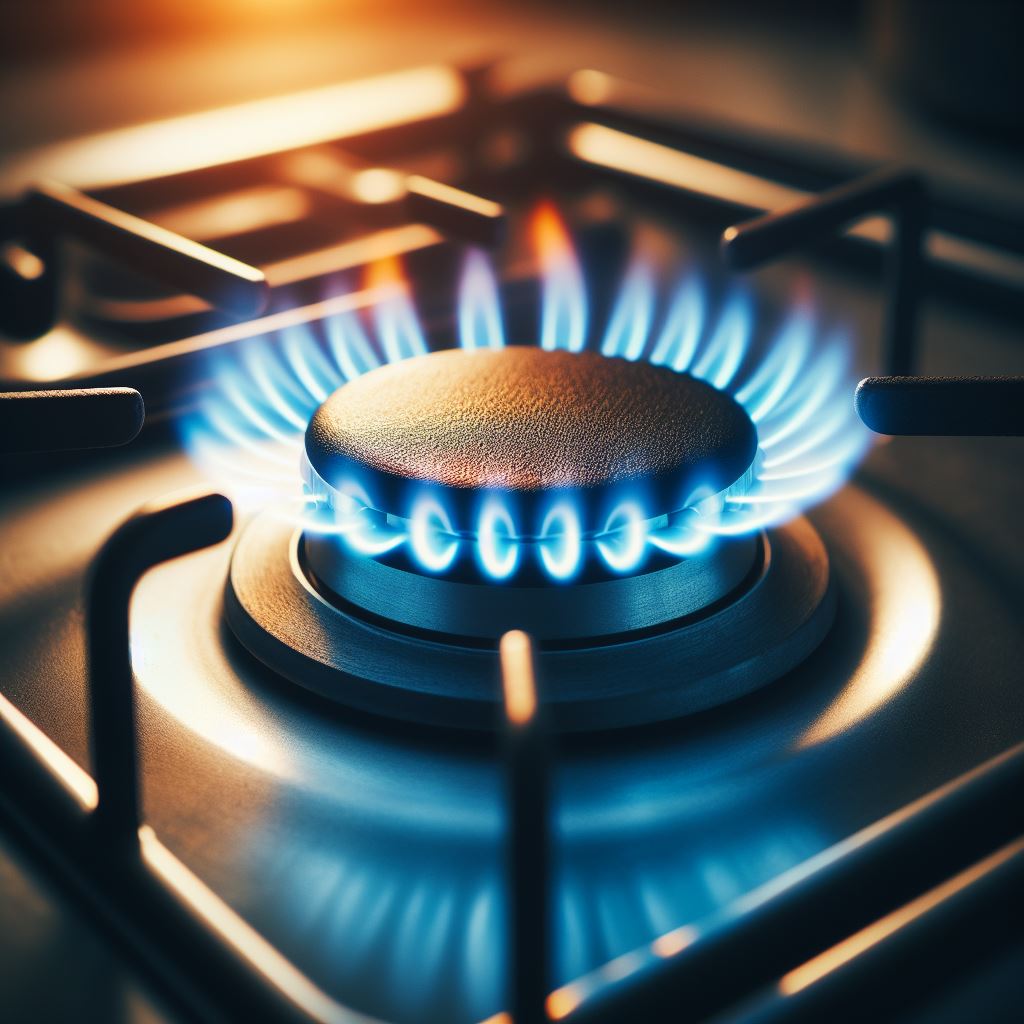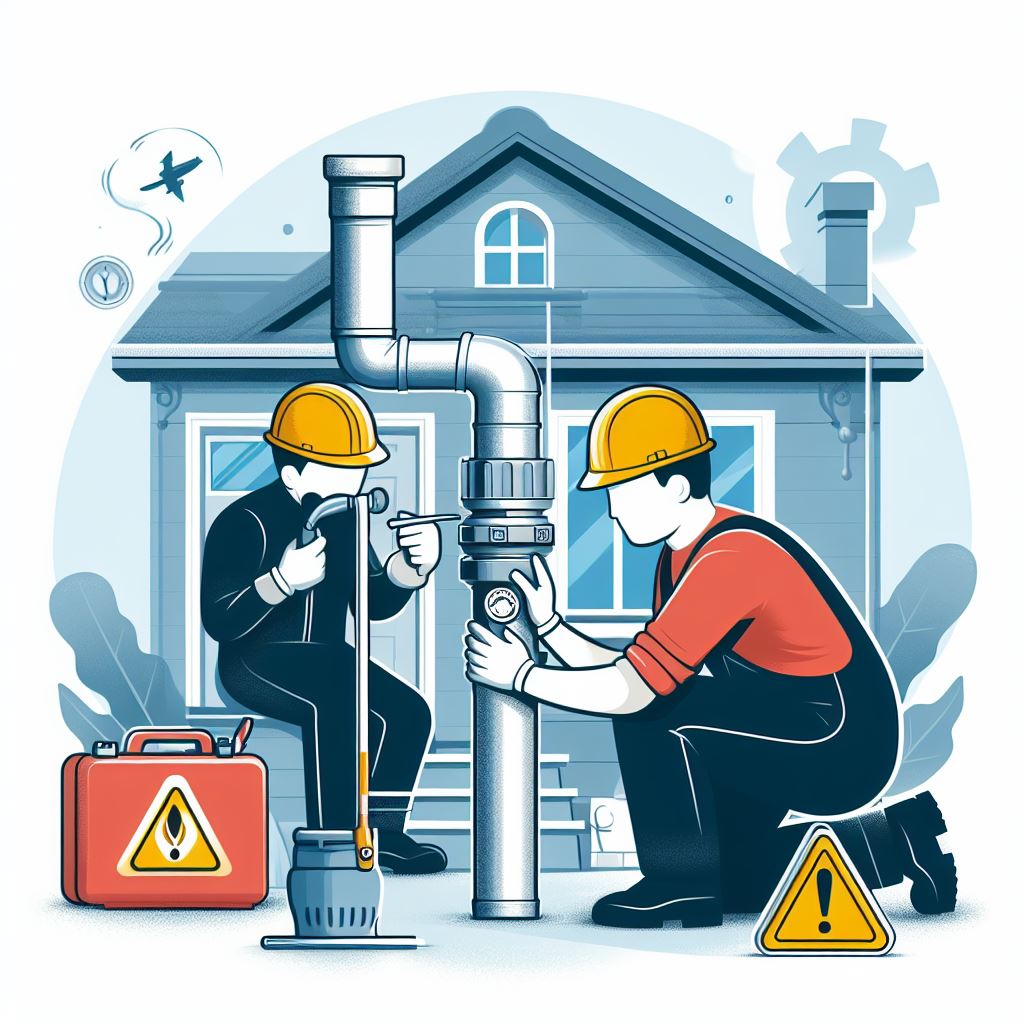Landlords looking to secure the necessary certificates for their properties face a series of meticulous steps. From understanding the specific requirements to navigating the application process, there are key considerations to bear in mind. However, the path to obtaining these certificates is not merely a checklist of tasks to complete. It involves a nuanced approach that demands attention to detail and a proactive mindset. Stay tuned to discover the essential nuances and strategies that can make the difference in obtaining landlord certificates seamlessly.
Understanding the Legal Requirements
Understanding the legal requirements for obtaining landlord certificates is crucial for ensuring compliance with regulations. Landlords must adhere to specific laws to guarantee the safety and well-being of their tenants. These regulations are put in place to ensure that rental properties meet certain standards, such as fire safety, gas and electrical safety, and overall habitability.
To begin with, one of the fundamental legal requirements for landlords is obtaining an Energy Performance Certificate (EPC) for their property. This certificate assesses the energy efficiency of the building and provides recommendations for improvement. Additionally, landlords must ensure that gas appliances are checked annually by a Gas Safe registered engineer to obtain a Gas Safety Certificate.
Furthermore, landlords are obligated to install smoke alarms on each floor of the rental property and carbon monoxide alarms in rooms with solid fuel appliances. Compliance with these legal requirements is essential for landlords to create a safe living environment for their tenants.
Identifying the Required Certificates
Landlords must first identify the types of certificates required based on their rental property.
The application process for obtaining these certificates should be clearly outlined and understood.
Additionally, it’s crucial to be aware of any renewal requirements to maintain compliance with regulations.
Types of Certificates
When identifying the required certificates for landlords, it’s essential to review the specific regulations in your region to ensure compliance. The types of certificates needed may vary depending on the location and type of property being rented out.
Common certificates include gas safety certificates, electrical safety certificates, energy performance certificates, and landlord licenses. Gas safety certificates are crucial for properties with gas appliances to ensure they’re safe for tenants. Electrical safety certificates certify that the electrical installations meet safety standards. Energy performance certificates assess the property’s energy efficiency. Landlord licenses may be mandatory in certain areas to ensure landlords meet specific requirements.
Obtaining these certificates is vital to guarantee the safety and well-being of tenants.
Application Process
To identify the required certificates for a rental property, landlords must carefully assess the specific regulations in their region to ensure compliance. This step is crucial for maintaining a safe and legal rental environment.
When applying for landlord certificates, landlords should consider the following:
- Fire Safety Certificate: Ensures that the property meets fire safety standards.
- Gas Safety Certificate: Verifies that gas appliances are safely installed and maintained.
- Electrical Safety Certificate: Confirms that the electrical systems in the property are safe and up to code.
Renewal Requirements
Upon reassessment of the rental property’s necessary certificates, landlords must be aware of the renewal requirements to maintain compliance with current regulations.
Some essential certificates that may require renewal include gas safety certificates, electrical safety certificates, and energy performance certificates.

Gas safety certificates must be renewed annually by a Gas Safe registered engineer to ensure the safety of gas appliances and pipework.
Electrical safety certificates should be renewed every five years to verify the safety of the electrical installations within the property.
Energy performance certificates are valid for ten years but may need to be renewed earlier if any significant changes are made to the property.
Staying up to date with these renewal requirements is crucial for ensuring the safety and well-being of tenants.
Finding Certified Inspectors
In the search for certified inspectors, it’s crucial to inquire about their credentials and experience in landlord certification processes. Ensuring that the inspectors are knowledgeable and experienced will help guarantee a thorough and accurate assessment of your property’s safety standards.
When looking for certified inspectors, consider the following:
- Certifications: Look for inspectors who hold relevant certifications in property inspections and safety regulations.
- Experience: Prioritize inspectors with a proven track record of conducting thorough and meticulous inspections for landlord certifications.
- References: Ask for references or read reviews from previous clients to gauge the inspector’s professionalism and attention to detail.
Scheduling Inspections and Tests
When arranging inspections and tests for your property, coordination with certified inspectors plays a vital role in ensuring compliance with landlord certification requirements. Prioritize scheduling regular inspections for gas safety, electrical systems, fire alarms, and other essential components.
By proactively managing these assessments, landlords can maintain a safe environment for tenants. To streamline the process, communicate clearly with inspectors to set convenient dates and times. Ensure that all necessary areas are accessible for thorough examination. Promptly address any issues identified during the inspections to uphold safety standards and meet certification criteria.
Additionally, adhere to recommended timelines for retesting to stay compliant with regulations. Remember, the safety of your tenants is paramount, and diligent scheduling of inspections and tests is a crucial aspect of fulfilling your responsibilities as a landlord. By staying proactive in this area, you contribute to a secure living environment for those residing in your property.
Addressing Non-Compliance Issues
To rectify non-compliance issues effectively, landlords must promptly address any violations identified during inspections and tests. It’s crucial for landlords to ensure the safety and well-being of their tenants by taking swift action to correct any issues that may pose risks.
Here are some steps to help landlords address non-compliance problems:
- Prioritize Fixes: Focus on addressing the most critical violations first to mitigate potential hazards.
- Consult Professionals: Seek guidance from qualified professionals to properly resolve complex issues related to safety regulations.
- Document Remediation: Keep detailed records of the actions taken to rectify non-compliance problems for future reference and compliance verification.
Keeping Certificates Up to Date
Landlords must ensure their certificates are up to date to comply with regulations.
This involves following a renewal requirements checklist, scheduling regular inspections, and handling certificate expirations promptly.
Failure to keep certificates current can result in legal consequences and potential risks for both the landlord and tenants.
Renewal Requirements Checklist
To ensure compliance with regulations, landlords must regularly review and update their certificates. It’s essential to keep all documentation current to guarantee the safety and well-being of tenants.
Here is a checklist to help landlords stay on top of their renewal requirements:
- Check Expiry Dates: Regularly check the expiration dates of all certificates to ensure they’re up to date.
- Schedule Renewals in Advance: Plan ahead and schedule renewals in advance to avoid any lapses in certification.
- Stay Informed of Regulation Changes: Keep abreast of any updates or changes in regulations to ensure compliance with the latest requirements.
Scheduling Regular Inspections
Regular inspections play a crucial role in ensuring that landlords keep their certificates up to date. By conducting routine inspections of rental properties, landlords can proactively identify any potential issues that may affect the validity of their certificates.
Regular checks on safety equipment like smoke detectors, carbon monoxide alarms, and fire extinguishers are essential to ensure they’re functioning correctly. Additionally, inspecting the property for any structural damages or maintenance needs can help prevent problems that could lead to certificate violations.
Landlords should establish a schedule for these inspections to guarantee that all safety requirements are consistently met, providing a secure living environment for tenants and maintaining compliance with certification regulations.
Handling Certificate Expirations
Conducting timely inspections and addressing any issues promptly is key to ensuring that landlord certificates remain current and compliant with regulations. To handle certificate expirations effectively, landlords should follow these steps:
- Set Reminders: Utilize digital calendars or apps to track certificate expiration dates.
- Create a Checklist: Develop a checklist to ensure all necessary inspections and renewals are completed on time.
- Stay Informed: Keep up-to-date with any changes in regulations or requirements to maintain compliance.
Frequently Asked Questions
Can I Perform My Own Inspections for Landlord Certificates?
Yes, individuals can perform their own inspections for landlord certificates. However, it is crucial to ensure thoroughness and compliance with safety standards. Regular self-inspections can help maintain a safe environment for tenants and avoid potential liabilities.
Are There Penalties for Not Obtaining the Required Certificates?
Not obtaining required certificates can result in penalties such as fines or legal consequences. It’s essential for landlords to comply with regulations to ensure the safety and well-being of tenants and maintain a positive rental experience.
How Often Do I Need to Update My Landlord Certificates?
Landlord certificates typically need updating annually or as required by local regulations. Staying current ensures compliance with safety standards and protects tenants. Failure to do so can result in penalties and jeopardize the well-being of occupants.
Can I Use a Non-Certified Inspector for My Inspections?
Using a non-certified inspector for inspections may compromise safety standards. Landlords should prioritize using certified professionals to ensure the property meets legal requirements and the safety of tenants. Cutting corners can lead to risks.
What Happens if I Fail an Inspection for Landlord Certificates?
If a landlord fails an inspection for certificates, they must address the deficiencies promptly to comply with safety regulations. Failure to rectify issues could result in fines, legal actions, or even the inability to rent out the property.
Conclusion
In conclusion, obtaining landlord certificates requires landlords to understand legal requirements. They must also identify necessary certificates, find certified inspectors, schedule inspections, address non-compliance issues, and keep certificates up to date.
By following these steps diligently and ensuring compliance with safety standards, landlords can successfully obtain the necessary certifications to operate their properties legally and safely.

